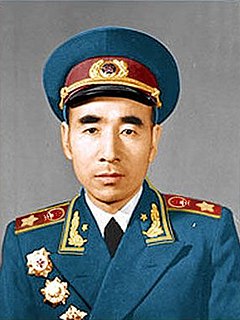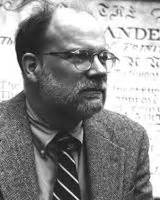A Quote by Susan Sontag
Currently intellectuals in Western Europe and North America are extremely demoralized and shaken by the rise of a virulent conservative tendency (which some have even joined).
Related Quotes
So-called Western Civilization, as practised in half of Europe, some of Asia and a few parts of North America, is better than anything else available. Western civilization not only provides a bit of life, a pinch of liberty and the occasional pursuance of happiness, it's also the only thing that's ever tried to. Our civilization is the first in history to show even the slightest concern for average, undistinguished, none-too-commendable people like us.
There was this famous clash of civilization thesis from Samuel Huntington, a political theorist. And the idea was that Western civilization is at war with Islam and maybe some of the other civilizations around the world. And I don't agree with that. But I do think there is such a thing as Western civilization. I think it starts with the Greeks and the Romans. Then it goes through the Enlightenment - or the Reformation, the Enlightenment. It goes through the scientific age. And it somewhat defines some of the cultures and mores of Europe and North America and some other countries.
Western intellectuals, and also Third World intellectuals, were attracted to the Bolshevik counter-revolution because Leninism is, after all, a doctrine which says that the radical intelligentsia have a right to take state power and to run their countries by force, and that is an idea which is rather appealing to intellectuals.
In Western Europe and North America some things are better than they were - at least relative to their moral nadirs - such as labour legislation, the opening of the professions to women, intolerance for domestic violence, but so much is still morally unacceptable - the weapons trade, cruel and unusual punishment, economic parasitism.
Industrialized countries have disproportionately more cancers than countries with little or no industry (after adjusting for age and population size). One half of all the world's cancers occur in people living in industrialized countries, even though we are only one-fifth of the world's population. Closely tracking industrialization are breast cancer rates, which are highest in North America and northern Europe, intermediate in southern Europe and Latin America, and lowest in Asia and Africa.
Intellectuals love Jefferson and hate markets, and intellectuals write most of the books. Intellectuals often think that they should, for the benefit of mankind, act as fiduciaries for the clods who don't have to be intellectuals, and I suspect that has to do with [why historians love Jefferson and not Hamilton, even though Hamilton's vision of America's commercial future was vastly more accurate than Jefferson's].
It is not the actual greatness of national wealth, but its continual increase, which occasions a rise in the wages of labour. It is not, accordingly, in the richest countries, but in the most thriving, or in those which are growing rich the fastest, that the wages of labour are highest. England is certainly, in the present times, a much richer country than any part of North America. The wages of labour, however, are much higher in North America than in any part of England.


































